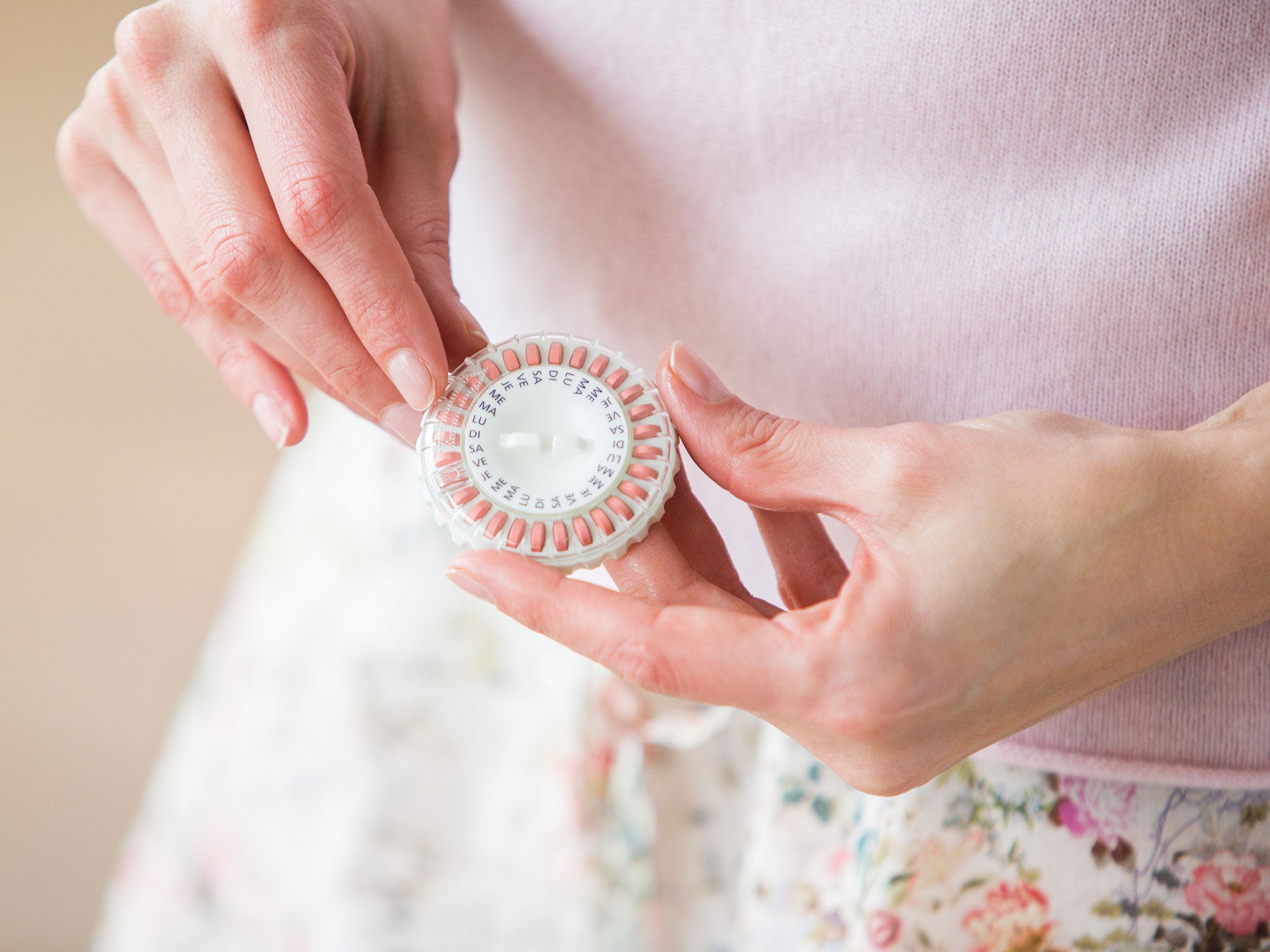The Independent's journalism is supported by our readers. When you purchase through links on our site, we may earn commission.
What is the menopause treatment called hormone replacement therapy?
Some form of hormone replacement therapy or HRT is now taken by over one million women in Britain

More than one million women in Britain currently use some form of hormone replacement therapy (HRT), according to the National Institute for Health and Care Excellence (Nice), which is prescribed to treat the symptoms of the menopause by boosting oestrogen levels and other hormones.
This in turn helps to alleviate the impact of a range of associated conditions like hot flushes, anxiety, joint pain, disturbed sleep, night sweats and vaginal dryness.
In some cases, women reliant on HRT have reported experiencing suicidal distress after suddenly being deprived of treatment, which is why the acute shortage of products seen last spring as a result of post-pandemic supply chain complications caused such concern.
Those problems were also partly exacerbated by increased demand for HRT, ordinarily a positive development credited to improved campaigning and media coverage about its benefits and efforts by the Department of Health to make it more readily available.
But what precisely is HRT, how does it work and what are the alternatives?
What is the menopause?
A natural part of the ageing process, the menopause is the point at which the ovaries stop producing oestrogen and no longer release eggs.
The average age in the UK for natural menopause is around 51 years. A hormone level blood test can determine if a woman is going through the menopause.
Many women experience a phase called the peri-menopause prior to their periods stopping altogether. During this time a woman’s periods may become more erratic and she may experience hot flushes and other symptoms.
Some women experience an early menopause as a result of a hysterectomy and some cancer treatments.
What are the symptoms of the menopause?
It’s impossible to predict how women will respond to the menopause. Some experience minimal symptoms, others suffer significant symptoms for many years.
The most common physical symptoms are hot flushes of varying intensity, which can disrupt sleep patterns. Some menopausal women can become anxious or depressed.
Other common symptoms relate to the genitourinary system and can include vaginal dryness, pain during or after sex and vaginal discomfort and itching.
Some women also experience reduced bladder control, with involuntary leaking of urine or passing urine more frequently.
HRT for menopausal women
HRT can help to alleviate typical menopausal symptoms including low mood, hot flushes and vaginal dryness. It remains the most effective treatment for the management of hot flushes. It also promotes bone strength and reduces cardiovascular risks.
HRT can be delivered using pills, patches or vaginal preparations, depending on lifestyle and personal preference.
Side effects depend on the type of HRT used. They include fluid retention, breast tenderness, nausea, headaches, mood swings and acne.
Women should try and continue treatment for three months if possible, as some side effects often settle in that time. Some regimes can cause a monthly bleed, like a period. Any unexpected bleed after menopause should be discussed with a doctor.
However, HRT is not suitable for all women. A history of current or previous womb or breast cancer, unexplained vaginal bleeding, high blood pressure or heart disease may exclude a patient from HRT use.
HRT health concerns
HRT has been linked to increased risk of heart attack, and womb, breast and ovarian cancer, according to Cancer Research UK.
It can also increase the risk of blood clots.
Risks increase in line with the length of HRT treatment. Women should ideally be given the minimal amount of therapy necessary to effectively manage symptoms.
HRT alternatives
Non-hormonal treatments for symptoms associated with the menopause are available. Non-pharmacological treatments such as relaxation techniques and cognitive behavioural therapy (CBT) have also been shown to offer women benefit during the menopause.
Selective serotonin reuptake inhibitors (SSRI’s) are more commonly used for depression or anxiety but can alleviate hot flushes.
Menopause is an unavoidable truth for all women but that doesn’t mean they should suffer symptoms in silence. HRT may not be appropriate or suitable for every woman going through the change, but as the latest NICE guidelines suggest, the medical profession should perhaps consider its use more readily.
Subscribe to Independent Premium to bookmark this article
Want to bookmark your favourite articles and stories to read or reference later? Start your Independent Premium subscription today.

Join our commenting forum
Join thought-provoking conversations, follow other Independent readers and see their replies